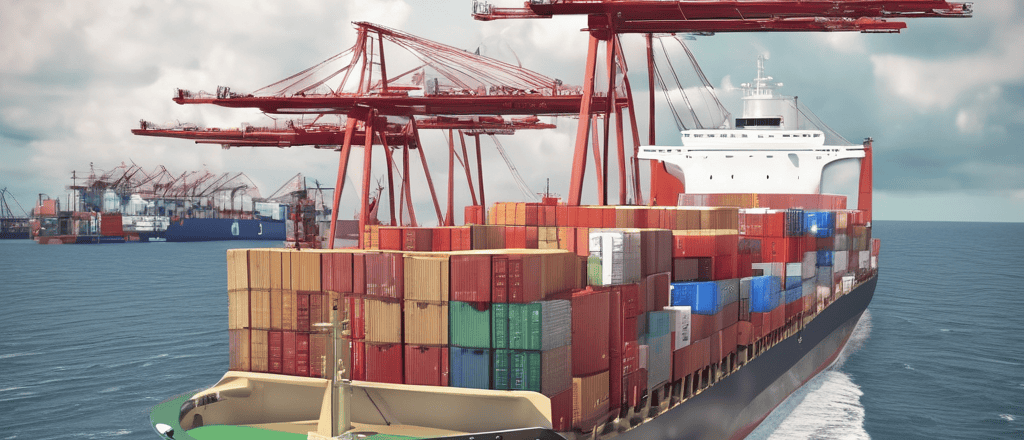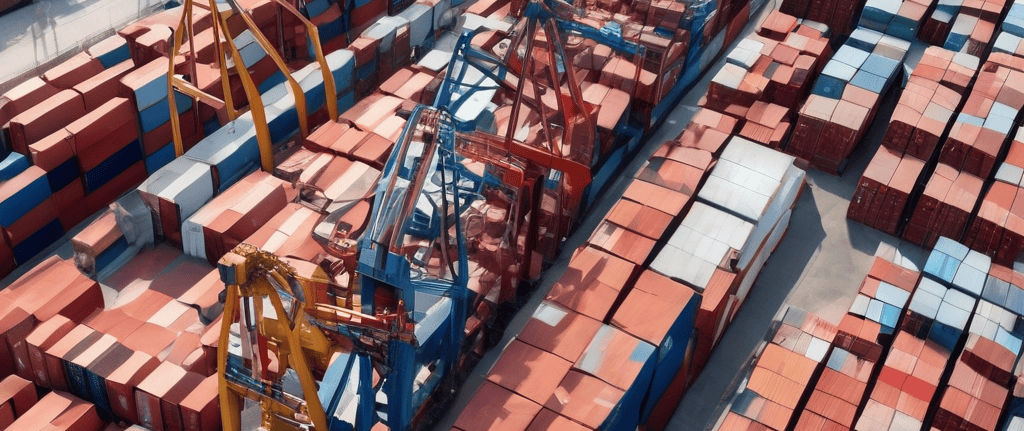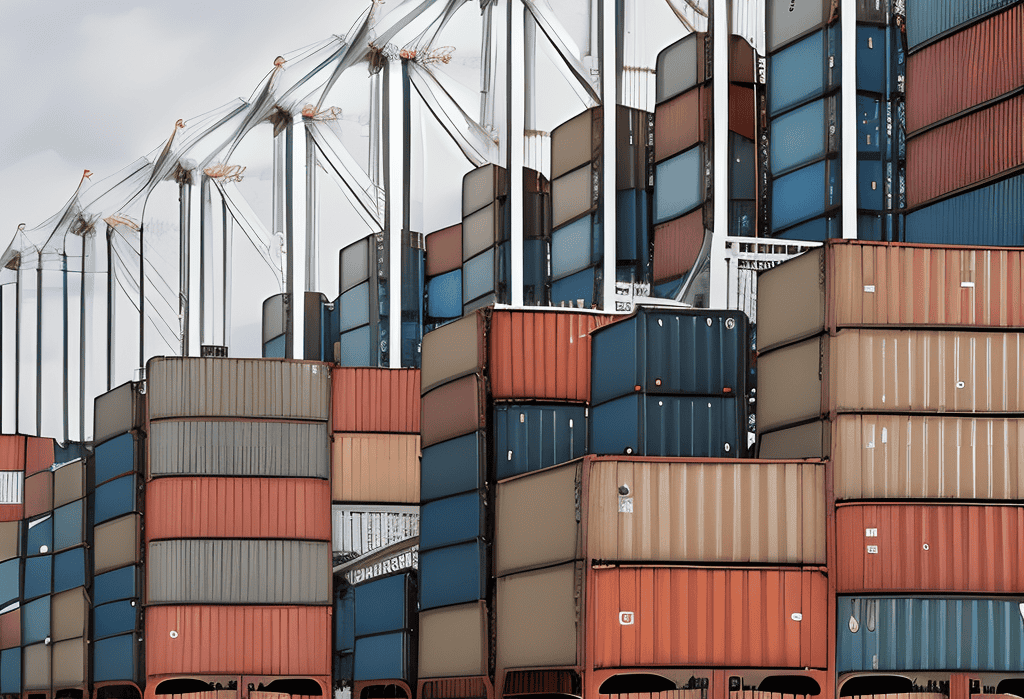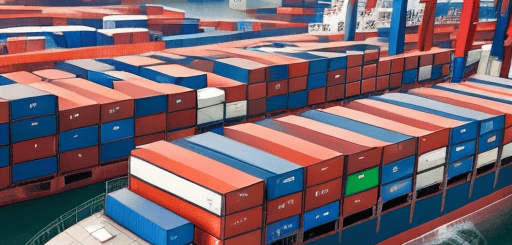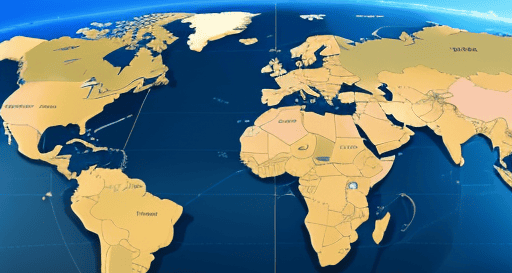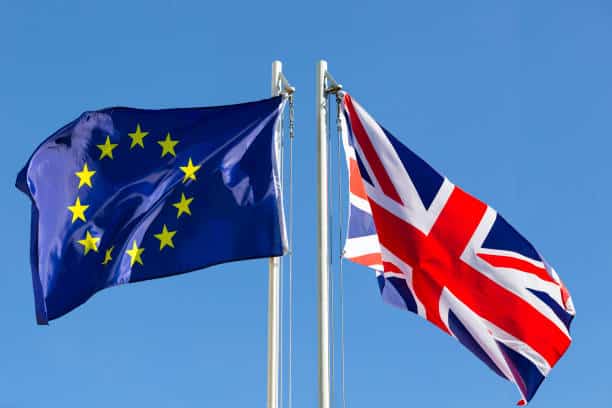Customs and Border Protection plays a critical role in international trade by enforcing regulations, facilitating trade, and ensuring national security. Its responsibilities encompass trade facilitation, tariff collection, compliance enforcement, security measures, and intellectual property rights protection. Through its efforts, CBP helps maintain the integrity of global supply chains, safeguard public safety, and promote the smooth flow of goods across international borders.
Trade Facilitation and Enforcement
CBP plays a crucial role in facilitating international trade by enforcing trade laws and regulations. Its officers inspect shipments, verify documentation, and ensure compliance with customs laws, tariffs, and trade agreements. By ensuring the lawful movement of goods, CBP contributes to the efficient flow of international trade.
In fiscal year 2020, CBP processed over $2.4 trillion worth of imports, covering over 33.2 million cargo containers. These figures highlight the significant volume of trade that CBP handles and regulates.
Tariff Collection and Revenue Generation
One of CBP's primary responsibilities is collecting tariffs, duties, and fees on imported goods, contributing to government revenue. Tariffs are imposed on certain goods to protect domestic industries, address trade imbalances, and generate revenue. CBP ensures accurate tariff classification, valuation, and collection of duties.
In fiscal year 2020, CBP collected approximately $72.9 billion in duties, fees, and taxes. This revenue supports various government programs and initiatives.
Trade Compliance and Security
CBP places significant emphasis on trade compliance and security to protect national interests. It conducts risk assessments, implements trade compliance programs, and collaborates with industry partners to maintain supply chain integrity and mitigate security risks. CBP's efforts aim to prevent illicit activities, including smuggling, terrorism, and the trafficking of drugs and counterfeit goods.
CBP's Automated Commercial Environment (ACE) system processes over 30 million import transactions daily, ensuring compliance with trade regulations and enhancing security.
Intellectual Property Rights (IPR) Protection
CBP plays a crucial role in protecting intellectual property rights by preventing the entry of counterfeit and pirated goods. It works closely with rights holders, including manufacturers, to identify and seize infringing products at ports of entry. Through targeted inspections, CBP helps safeguard legitimate businesses and consumers from counterfeit trade.
In fiscal year 2020, CBP made over 26,500 seizures related to intellectual property rights, with an estimated manufacturer's suggested retail price (MSRP) value of approximately $1.3 billion. These figures demonstrate the scale of the challenge CBP faces in combating intellectual property rights violations.
International Partnerships and Collaboration
CBP collaborates with international partners to enhance trade facilitation, security, and enforcement. Through Mutual Recognition Arrangements (MRAs) and customs cooperation agreements, CBP works with other customs administrations to streamline processes, share information, and combat illicit trade. These partnerships contribute to smoother trade flows and improved border management.
CBP has established MRAs with countries such as Canada, Mexico, Japan, South Korea, and the European Union, fostering collaboration and cooperation in trade-related matters.
Related Information



























